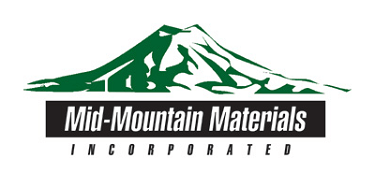The process of joining two materials together (usually metals) to make them act as a single piece is called welding. It works by melting the base metal to a molten material, and a filler material is usually added to this, which eventually forms a stronger joint upon cooling.
.jpg)
Image Credit: Mid-Mountain Materials, Inc.
Welding is done using an electric arc, electron beam, gas flame, laser, ultrasound, or friction, which can cause injuries including eye damage, burns, electrical shock, poisonous fumes, and overexposure to UV light. Welding fabrics in various designs can be used to reduce the risk of injury for welders.
This article will discuss some of the configurations of welding fabrics and their uses.
Welding Pads
A welding pad has several applications making it a very versatile tool for welders. Welding fabrics exhibit extreme heat resistance, which guarantees that the pads will not burn, melt, or ignite under severe levels of heat.
These pads can be used as a protective holder for tools that are still hot or used to move or place hot parts that have just undergone the welding process, thereby reducing the risk of an accident in the workplace.
Welding Curtains
Welding curtains are a vital safety feature for the welding process, as they are used to safeguard anyone who is nearby without any safety gear. Welding curtains provide a barrier against the bright light from the welding booth, because people around the welder may not be wearing the correct eye protection which can cause serious eye irritation.
In addition to serving as a barrier between the welding booth and the people outside of it, a good ventilation of the booth is also required because of the volatile gases used in the welding process. Due to this reason, a curtain made of welding fabric is an excellent choice, as they can be hung in a way that does not restrict the air flow, but still protect people outside of the booth. These curtains also work as a barrier against flames and sparks that may take place in the welding booth.
Welding Blankets
Welding blankets are used to protect both the welding equipment and the welder. Welding blankets can be placed over the welder’s arms or legs, or over the equipment, and are used to ‘catch’ any molten metal sparks and splashes that could cause damage or burns.
Welding Fabrics from Mid-Mountain
Mid-Mountain Materials, Inc. offers an extensive selection of welding fabrics that are approved for use as welding blankets, curtains, and pads. For more information regarding welding fabrics or any of the products of Mid-Mountain Materials, customers can contact the company.

This information has been sourced, reviewed and adapted from materials provided by Mid-Mountain Materials, Inc.
For more information on this source, please visit Mid-Mountain Materials, Inc.